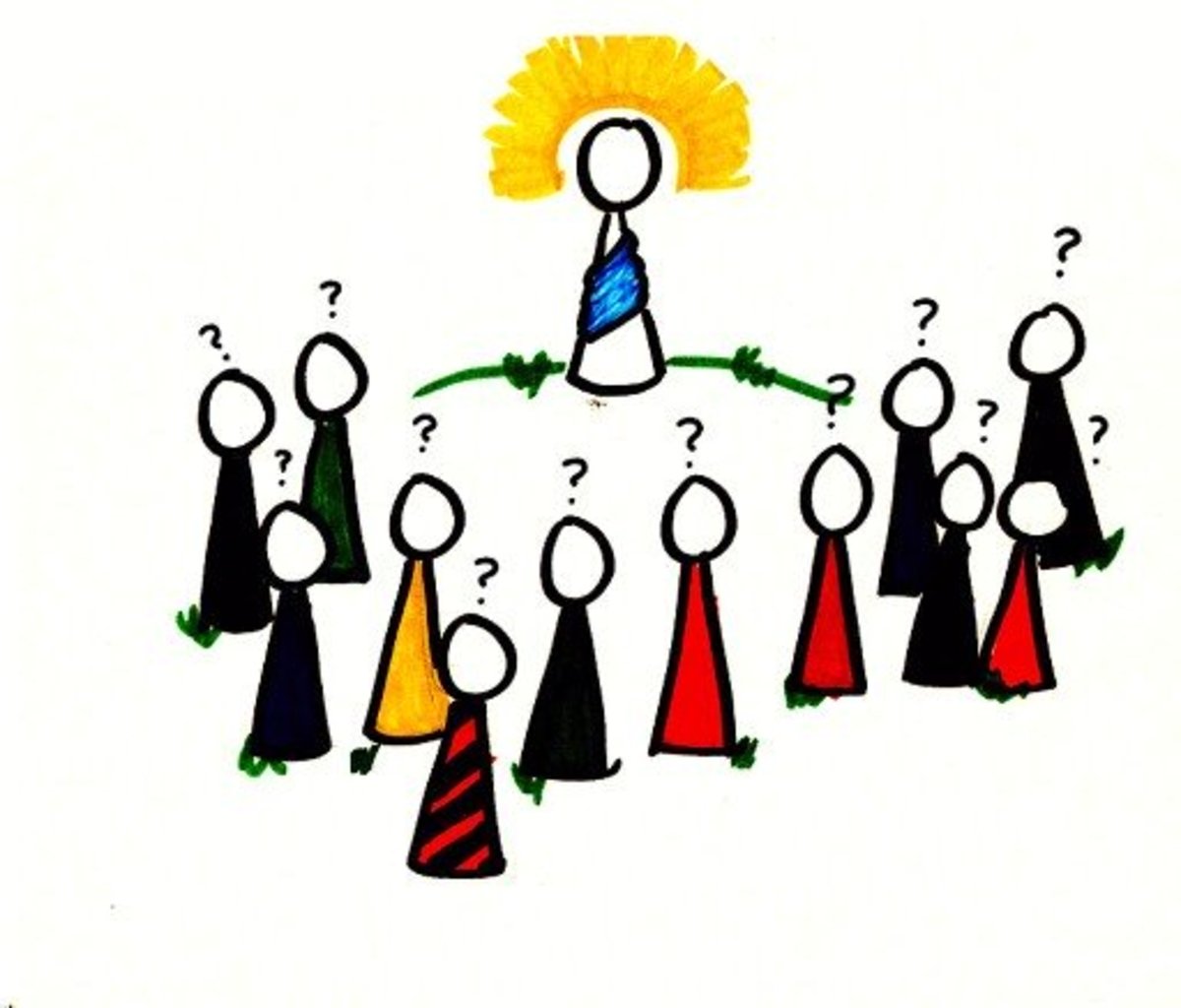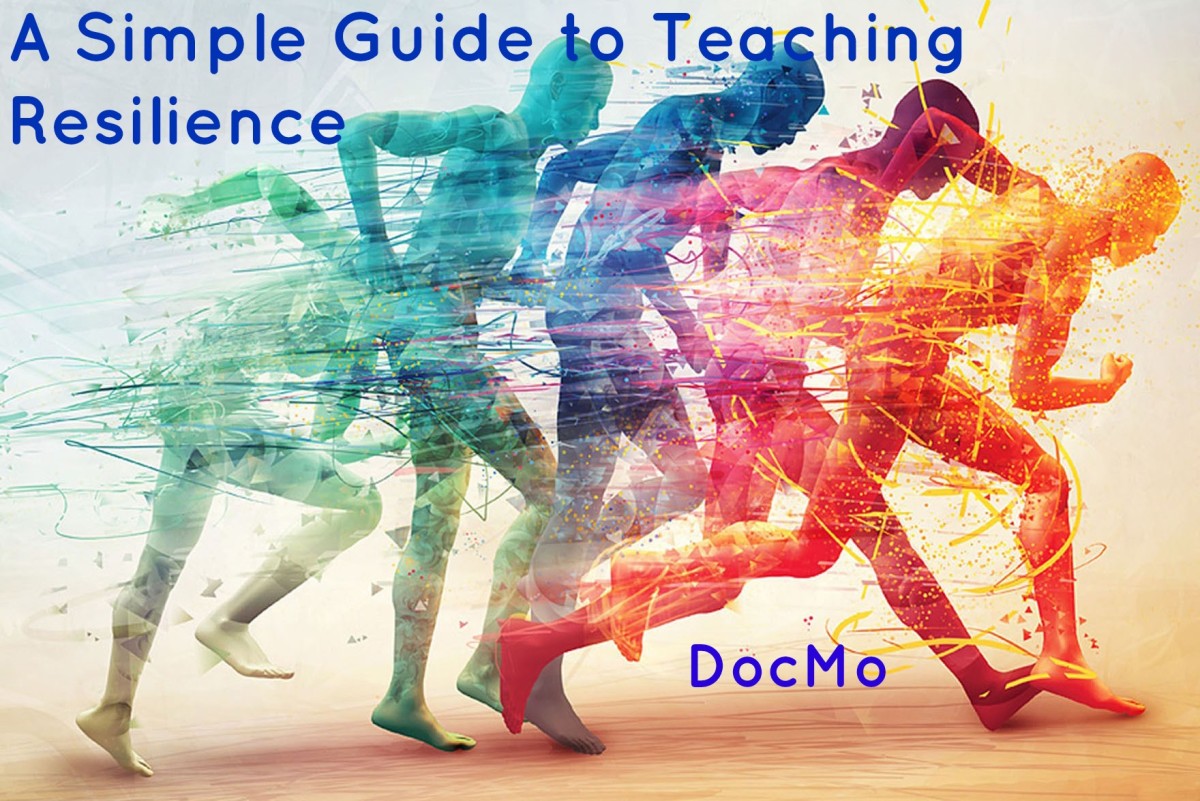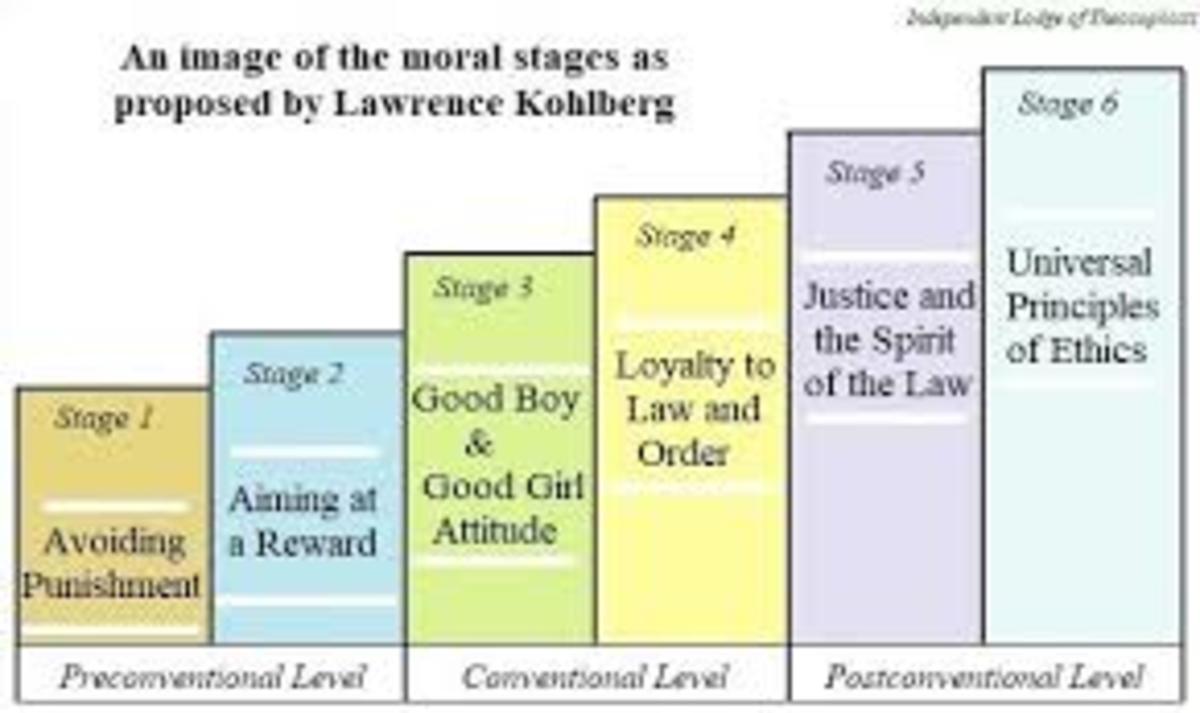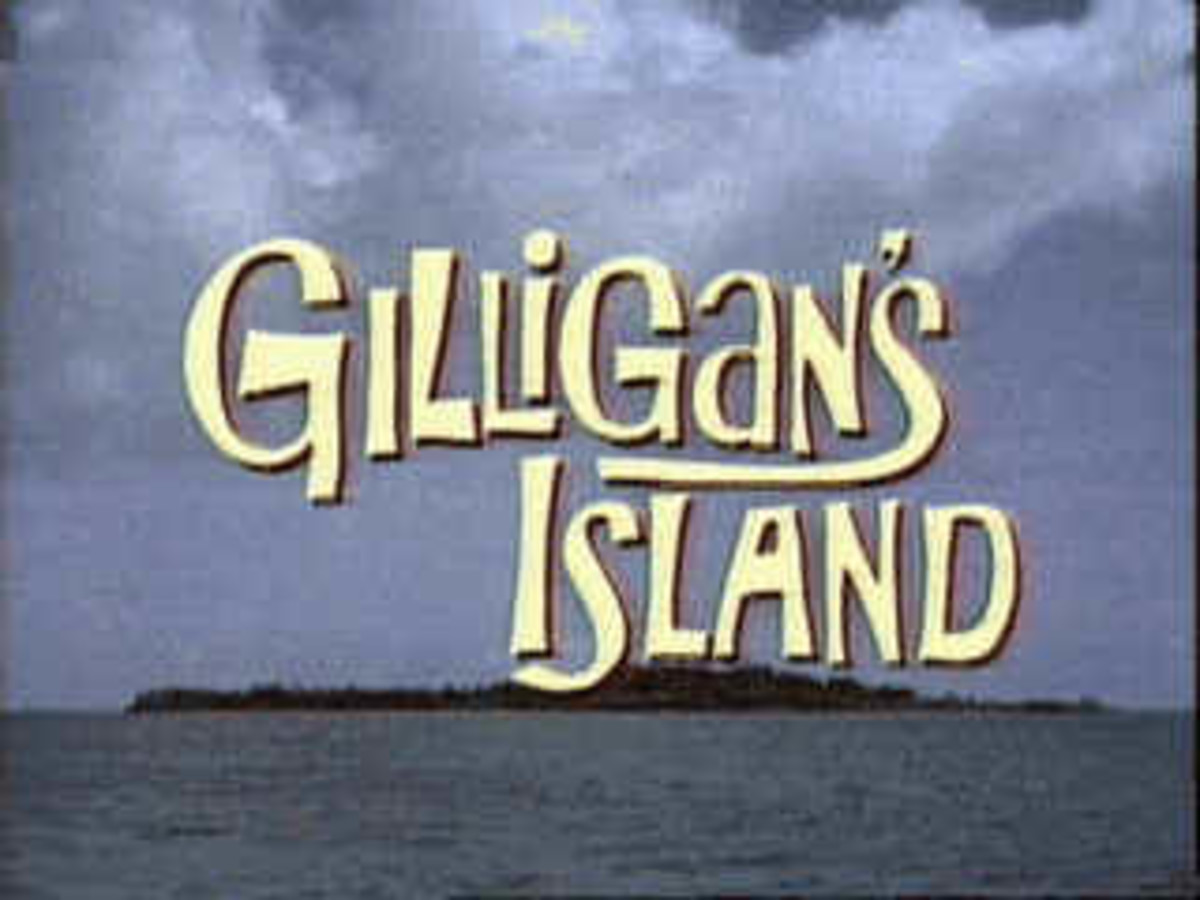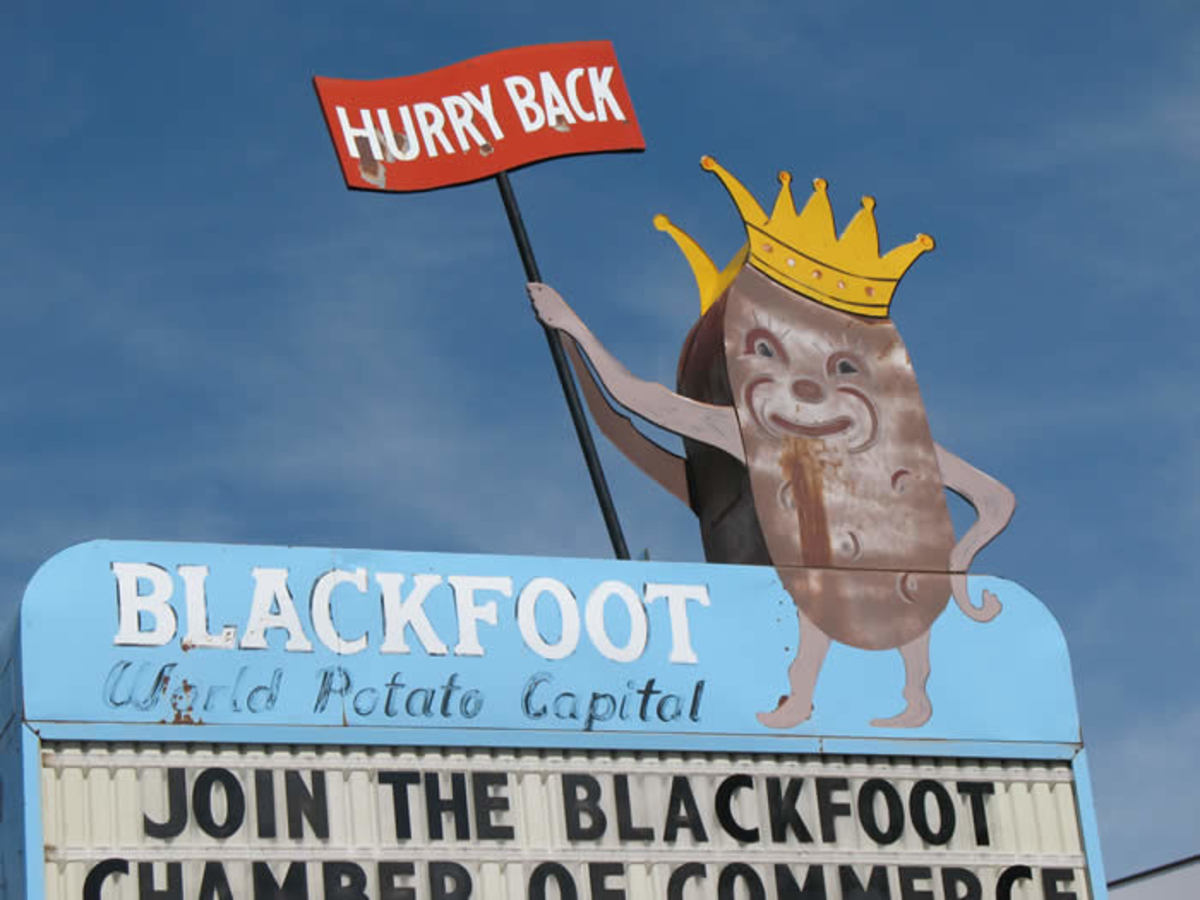In the Face of Life-Crashing Failure, Do You Ever Wonder, "Who Am I?"

The Journey To Becoming YOU!
Life is hard. There are many challenges, many opportunities to "go off the rails", and many times when we are faced with acknowledging our own failures. But failure is not an end point, it is not the time to give up. In fact, when we fail we are accepting a message saying, "You get to do life differently." On the journey to becoming you, there comes a time to make a commitment to yourself to become the real you, the person who can lead your life with integrity, honesty, and sustainability.
The word "potential" is thrown around with abandon these days, just like the words betrayal, dishonest, cheat, sex, and deserve. Are you trying to achieve your potential, become your true self, find your success, or just generally graduate into the life you feel you are meant to live? Many people, many, many as the statistics will attest, are making those other words more prevalent in their daily lives, but they are not necessarily happy - or even aware that they are not happy in their activities. We talk about happiness as an end point - but it's really a way of journeying through life. In the face of rock-bottom, we can live differently.
Make this the beginning of your connection with the REAL YOU!
After experiencing everything from state-altering success to life-crashing failure, knowing my world to knowing my world is false, working with people who face everything and people who live in denial, I can say that my skills at facilitating visioning can help you to become whole.
I once heard Jane Fonda speaking on the program, Master Class, and she said,
"Life is about becoming whole...To do life right you have to feel like you're growing up until the day you die."
This article is about living through integrity, developing a personal ethic, and understanding the importance of sustainability in your adventure toward your whole self. Your journey to reveal your true self.
All writing is copyright by me - Teapixie! :) All images are Morguefile, modified by me.

Integrity - What is it?
My very simple version of integrity is this: When you wake in the morning, after a night's sleep, you can look in the mirror and say, "I did a good job yesterday. I am proud of every breath I took."
In the article link I provide below, Hal Urban explains integrity this way.
"...it means being complete. It comes from the word integral, which means whole or undivided. It's defined in Webster's as 'essential to completeness.' To have integrity is to be a complete person - honest and with consistently high moral standards."
Now, some people cringe at the phrase, high moral standards. I understand this is because, often, religious institutions have appropriated this concept as core to their belief systems and this can make people of other religious beliefs, or non-believers, uncomfortable. I am asking you to let those pre-conceptions slip away. It is time for you to adopt your own comfort with your own definition of high moral standards.
Everyone has a moral code. Whether you agree with another's code, or not, it exists. The question becomes: upon what do you base your moral code?
Keep reading for some insights into how you can create your own, personal definition for this phrase.
Integrity In Your Life
I have been discussing the simplicity of integrity. Now is your chance to express your opinion.
Please do not look at the voting results before voting.
Do You Believe
Living Life With Integrity

It can't be bought. It can't even be earned.
It has to be lived.
Take a moment and think about how you behaved in the previous poll. Did you read the results before you voted? Do you think that was okay? Why? Do you think you will be judged by your answers to these questions? Why?
As you start to think about the questions I have just asked you, you are beginning to connect with the moral code you have adopted for living. Where that moral code originated can be quite surprising. Do you think you came up with it all on your own? Likely not.
My moral code formed throughout my childhood as a result of the input of my parents. My Dad was always socially concerned. He continually expressed the importance of living through integrity. He believed that a person's behaviours defined who they are. My Mom was always full of love. Love. Love. Love. She is a gentle and kind person and instilled in us the importance of compassion. I am continually assessing and referencing my moral code. You are, too.
Living through integrity is about your behaviours. It's about who you are.
To learn about your decision-making behaviours you must learn about where your decision-making skills were developed, and think about whether they are serving you.
Exercise
Turn off all electronic devices (except this device - turn off the sound).
Turn off all noise, and lay on the floor.
Allow yourself to begin focusing on your breath.
Breathe in for 3 counts, out for 3.
Then graduate to 4 counts in, 4 counts out.
Do this until you have reached the top end of how much you can reasonably breathe in and out and then begin to do a count down.
For example, if you have reached 6 counts in and out, the next breath pattern will be 5 counts in and out, then 4, ending with 3. Then you will return to relaxed, normal breathing.
Now, think about whether or not you looked at the voting results. Allow thoughts of guilt or self-congratulations, or anger, or whatever, to float through and out of your mind. Don't hold onto them.
Think about the behaviour you have exhibited. Does this kind of behaviour serve you? How? If not, why not? If so, why so?
Now, think about who you have heard say things or tell you things that support how you behaved, or who exemplifies the behaviour you just expressed. Is this the origin of your belief in this behaviour? Has this person reinforced this behaviour?
Does this behaviour support you living through integrity? Does your description of integrity encompass this behaviour? If so, why? If not, why?
I am asking you to become more connected with your decision-making process. This isn't always easy. Don't feel that you have to fly through this process. Come back and think about these things again, before moving on, especially if you need time to come to terms with the feelings and emotions this self-awareness can create.
And then, start thinking about behaviours you exhibit in your life. Do they serve you? If yes, why? If no, why? Where did you first see these behaviours exemplified? If the behaviour doesn't serve you, give it back to where you learned it. That doesn't mean meeting someone in an ally and telling them how they've hindered you. It means no longer honouring those behaviours by copying them.
If you realize someone has truly helped you to learn behaviours that serve you, that contribute to you living with fullness, love, and complete honesty, let them know. It's good to give back and wonderful to reinforce admirable behaviour.
You are working on understanding your moral code and modifying it, if necessary.
Your integrity is dependent on your moral code.
What A Moral Code Is!
It is a measuring stick by which you make decisions.
It is your touch-stone for determining how to keep yourself safe and moving forward.
It is your core.
It is reliable.
What A Moral Code Is Not!
It is not a measuring stick by which you are allowed to judge others for the purpose of expressing your judgement.
Integrity And Honesty
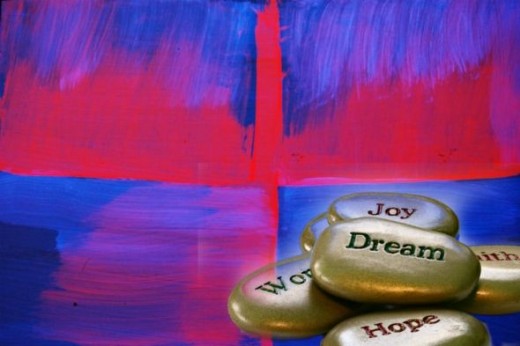
A Chance To Look Inside
If I asked you to tell the truth would you
Honesty.
Does that word scare you? If so, consider getting some professional help to achieve a consistent state of living honestly.
If you have a comfort with the idea of honesty, but recognize that you have been dishonest at times, you are just human. The most important aspect of being dishonest is about coming clean to whomever you have lied to. No matter the reason. But there are truly inspiring ways of being a clean person.
You must live through love. Try to consider the value of every single word you speak: what if each word expresses your love for the person in front of you, at all times? I have never been good with confrontation. It's tough. My challenge is to always get the conversation to a place where everyone will speak with love. It is not loving to be dishonest, to omit, or to mislead.
It's not easy. But it is about honesty. And honesty is about integrity.
Please take the the time to read the link below, it is a well written and easy to understand article, and then return to this article to continue on your progress.
Is It Possible To Live Without Ethics?
Honesty is Still the Best Policy by Hal Urban
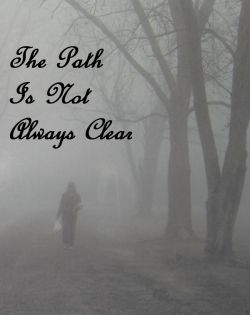
Ethic
Ever since I first heard the word "Ethic," I heard the phrase, "No ethic."
It is not possible to live without an ethic.
Think of those old-fashioned audience meters that measured how enthusiastically an audience was clapping. Ethics can be measured the same way. Some ethical codes fall on the low end of the scale because they do not serve society, nor do they fully serve the person(s) living by a low ethical code.
Where is your ethical code? The "everybody's doing it" approach to ethics is not high on the scale of ethical codes. Why? Because there is someone who is not being served by the outcome. Think about it. Who is affected if you find "loopholes" to avoid paying certain taxes? This kind of ethic is rationalized - we create a story that we think we can live with to support our decision-making -- it's a form of lying to ourselves so that we can pretend to support our low-ethic behaviour. Remember: to pretend requires that we, firstly, know the truth.
Or what about the, "If I don't do it, someone else will," approach? Imagine this: you become an example to others. Those others who adopt your approach to ethics will not be ensuring that your interests are safe -- they will be trying to figure out how to beat you. In effect, you are creating your own competition and you will, inevitably, lose. Try to think of all the ways you can lose. It's real.
Now, what about the Dalai Lama? I've had people say to me, "You can't live like the Dalai Lama!"
I can try!
Think about the ethic that the Dalai Lama exemplifies. Can his ethic only be exemplified by upholding specific religious beliefs? Why? I don't believe so. Consider what our world would be like if everyone began carrying themselves with such composure, with love, with a goal of happiness.
Developing an ethical code is not a one time thing. It's not about everything being right or wrong. Life is not black and white, it is full of grey. But why not find a way to move through the grey? Why not consider that, in working to become whole in life, you are continually working to achieve your potential? You have the potential to be a leader. To be a leader, one whose leadership is sustained throughout life, you must be continually working on exemplifying an honourable moral code.
This is a great article on developing your personal ethic.
https://greatergood.berkeley.edu/article/item/are_you_as_ethical_as_you_think_you_are
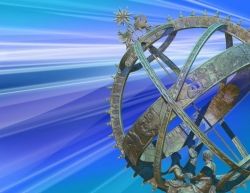
The Relevance Of Sustainability
This is another one of those words that gets thrown around, often.
Sustainability
As our world becomes smaller, because of our global village approach to communication, we are becoming more and more aware of what occurs when leaders do not consider sustainability in how they live. Many people stop their consideration of sustainability at environmental integrity. Because the word has been equated to environmental conservancy in discussions, we have developed limited and, sometimes, misdirected connotations of the word.
Let’s try .to look deeper into the idea of sustainability. What is sustainability to you, in your life? Do you care if political, financial, spiritual, or educational leaders incorporate sustainability into their lifestyles?
Let me put this differently. Do you care if your financial leaders consider how sustainable their decisions are with regard to the safety of your financial savings or investments? Do you care if your political leaders consider how sustainable their decisions are with regard to issues of conflict of interest? I bet you do.
So, what about yourself? Do you make your daily, habitual decisions with sustainability in mind? When you choose how to behave with your partner are you making sustainable choices?
For example: If you lie about how you are making or spending your money, are those lies sustainable? Will the results of your lies be sustainable? Will you be able to sustain the behaviours that earn that money? Living in denial is not sustainable; houses crumble, relationships end, finances disappear when behaviours are irrational.
Be careful that you are not creating irrational rationalizations for irrational behaviours. None of this is sustainable. Denial is a part of pretending and, again, what is the basis of prentending? You have to know the truth to pretend. If you have been living in unsustainable ways -- ways that are not serving you in a life-long, life-sustaining, relationship-building, heart-strengthening way, it is time to change.
And you can do it.
Let's Discuss Sustainability!
Have you ever considered the value of sustainability in your daily decisions?

Cognitive Dissonance
When discussing the elements of integrity, honesty, ethics, and sustainability in relation to becoming whole, you may discover that you often experience cognitive dissonance. It may be because of this experience that you are reading this article.
Cognitive dissonance is the term for describing when you experience tension as a result of believing something about yourself and then doing something that is in complete conflict with that belief. The greater the difference between your behaviour and your belief, the greater the tension.
So, here is a simple example:
A doctor tells you that you are pre-diabetic but you have decided that you are not interested in doing any exercise. In your heart and mind you know that not doing exercise is not going to help ward off diabetes, but you continue to sit on the couch. You begin to feel stressed, knowing that you are not doing what you need to do to alter the direction of your health. This stress is the tension that characterizes cognitive dissonance; the difference between believing that exercise will change your health while not choosing to exercise.
Please follow the link below to learn more. Becoming familiar with this topic will help you to analyze where, in your daily living, you are challenging your inner beliefs through your actions.
This behaviour is key to discovering how to live up to your potential. It is key to understanding integrity, moral codes, honesty, ethics, and sustainability, and to realizing why it angers you when you encounter a situation where someone is living in cognitive dissonance and you can see it (often with politicians who are so public and who make belief-centred promises that "buy" your support). We are often more critical of others than of ourselves, especially in this area.
Do You Understand Cognitive Dissonance?
Cognitive Dissonance by The Khan Academy

Do You Need Reasons To Change?
Some people end up searching the internet when they hit rock bottom. Some aren't there, but know their decision making is not serving their one opportunity to be on earth.
Please follow this link. It will help you to think about the very smallest places where you can start to make your life different.
It's all up to you.
The Paradox of Our Times
- "The Paradox of Our Time" or a Timeless Paradox? | Psychology Today Canada
Can kindness and humility change the world?
I have worked with many people, facilitating their reconnection with their core being. I know that sounds a little weird, and a little lofty, but it is true. For an infinity of reasons, we can lose our way.
This content is accurate and true to the best of the author’s knowledge and is not meant to substitute for formal and individualized advice from a qualified professional.
© 2012 Tea Pixie

